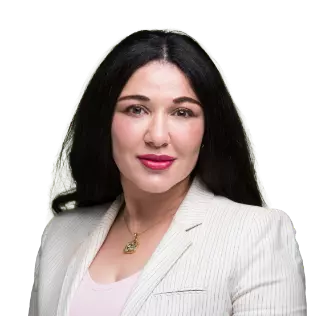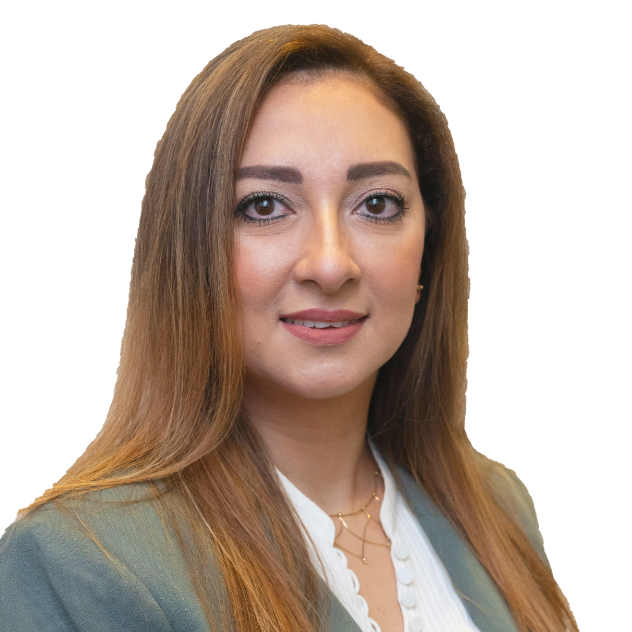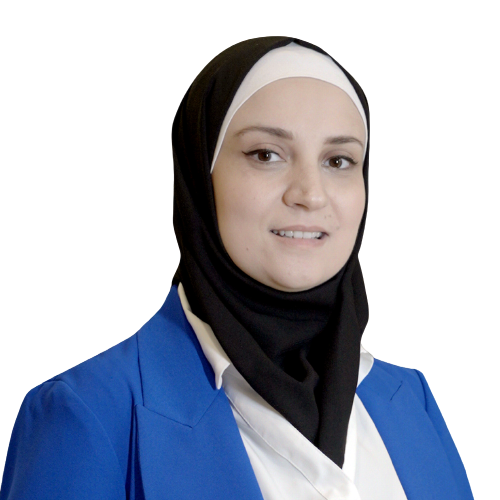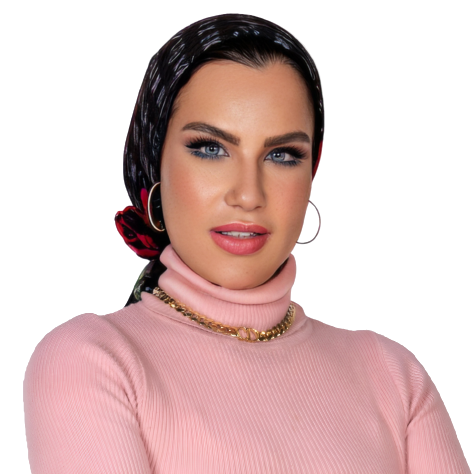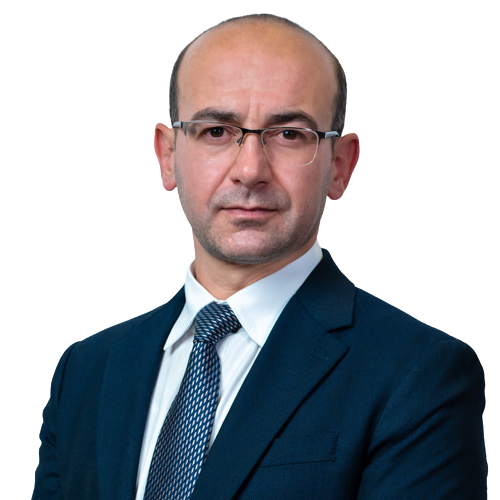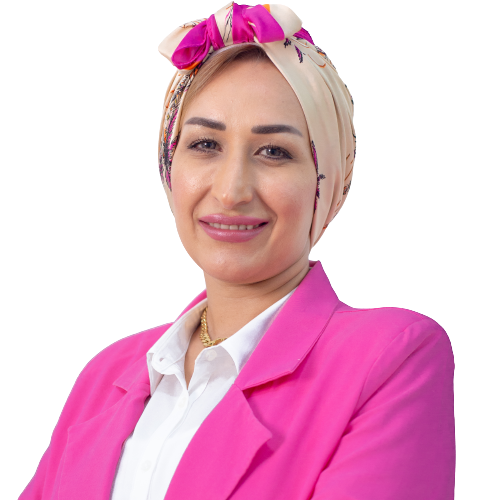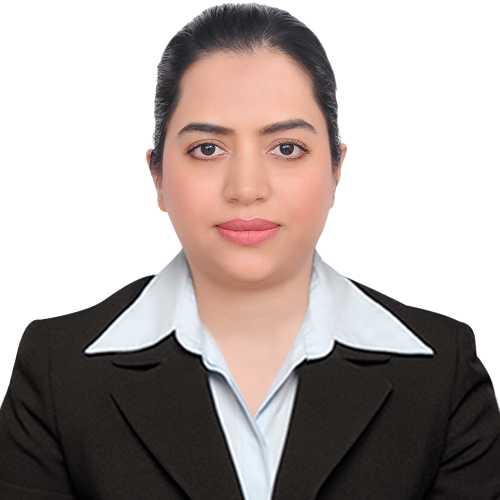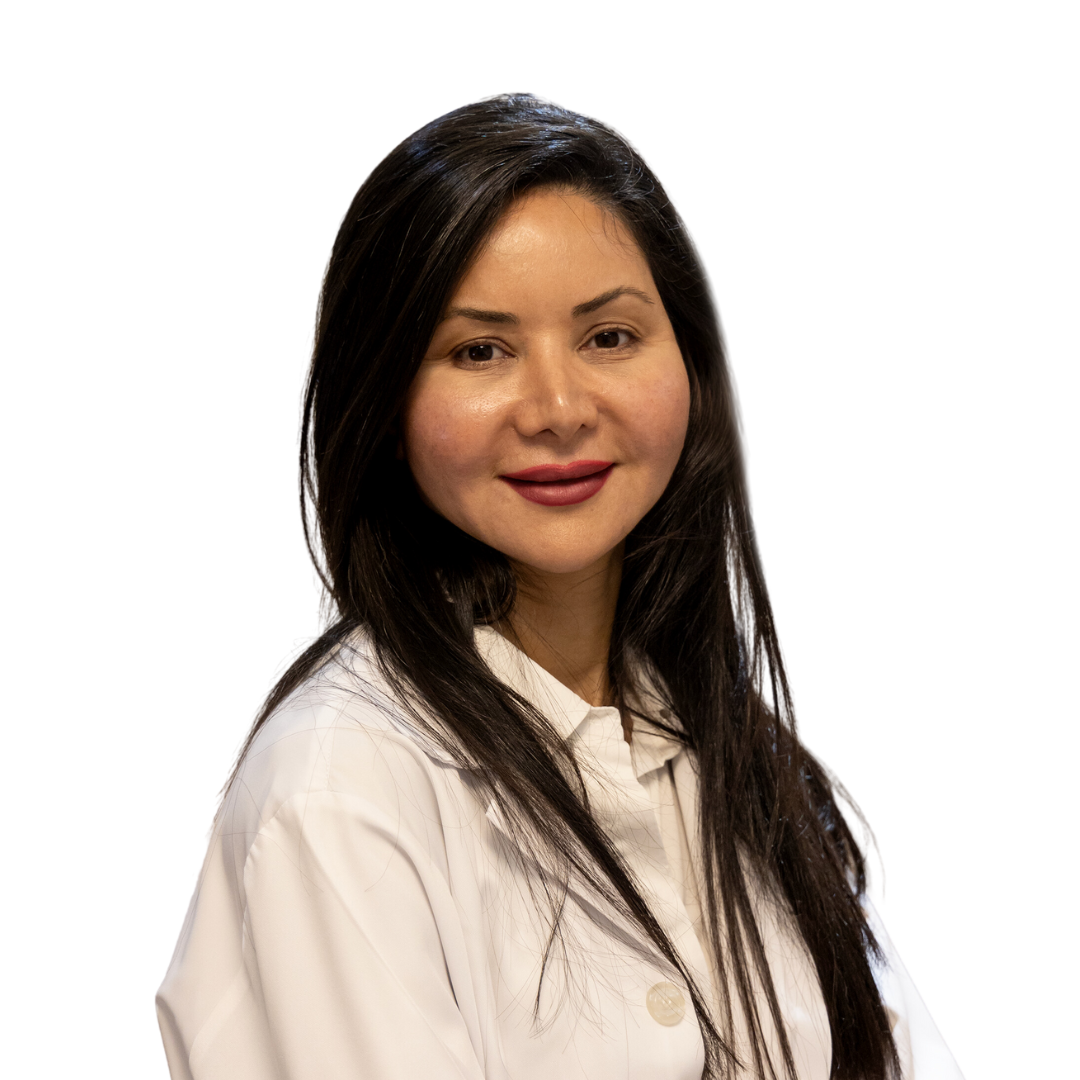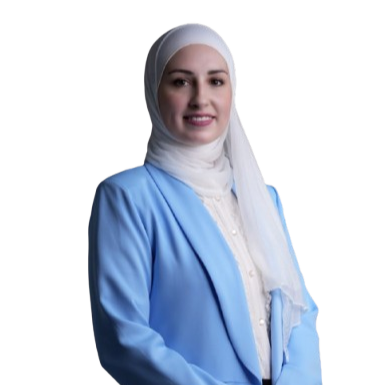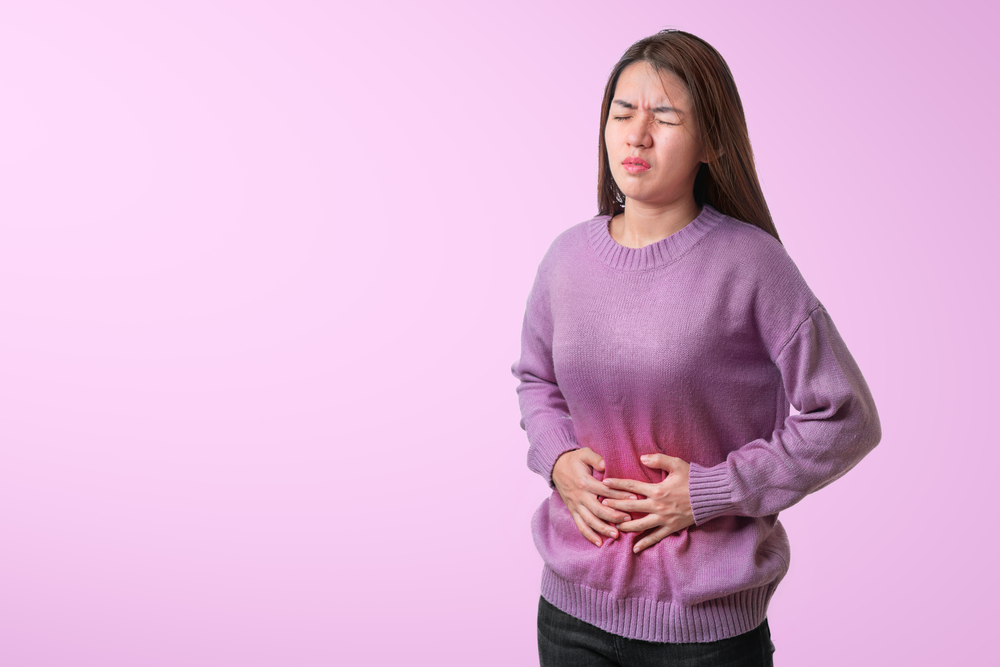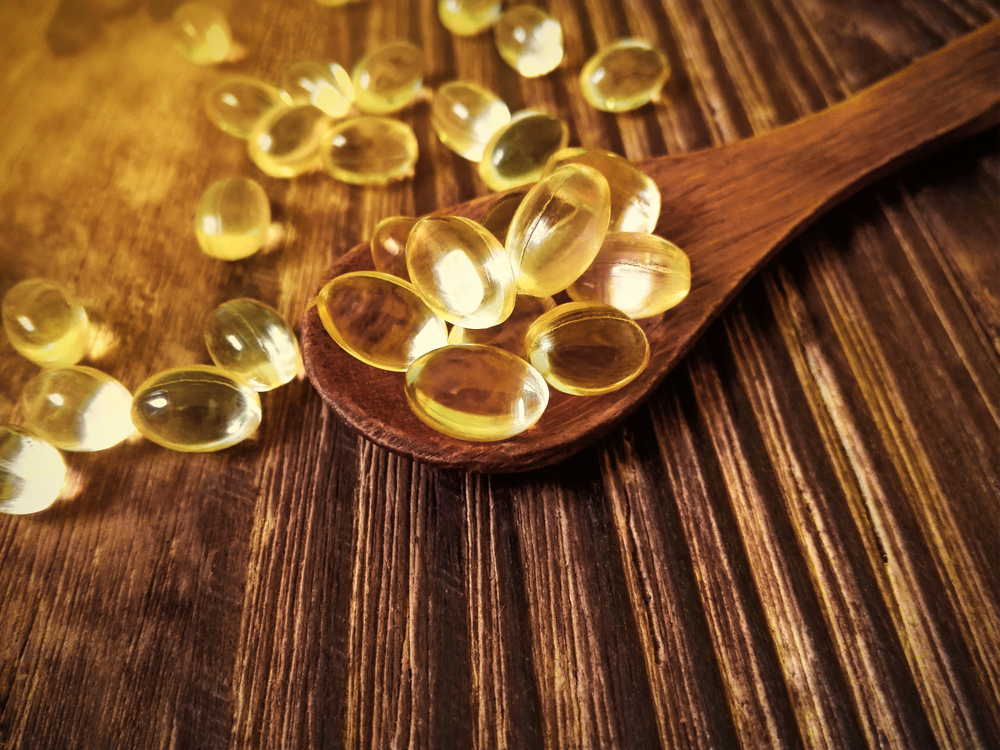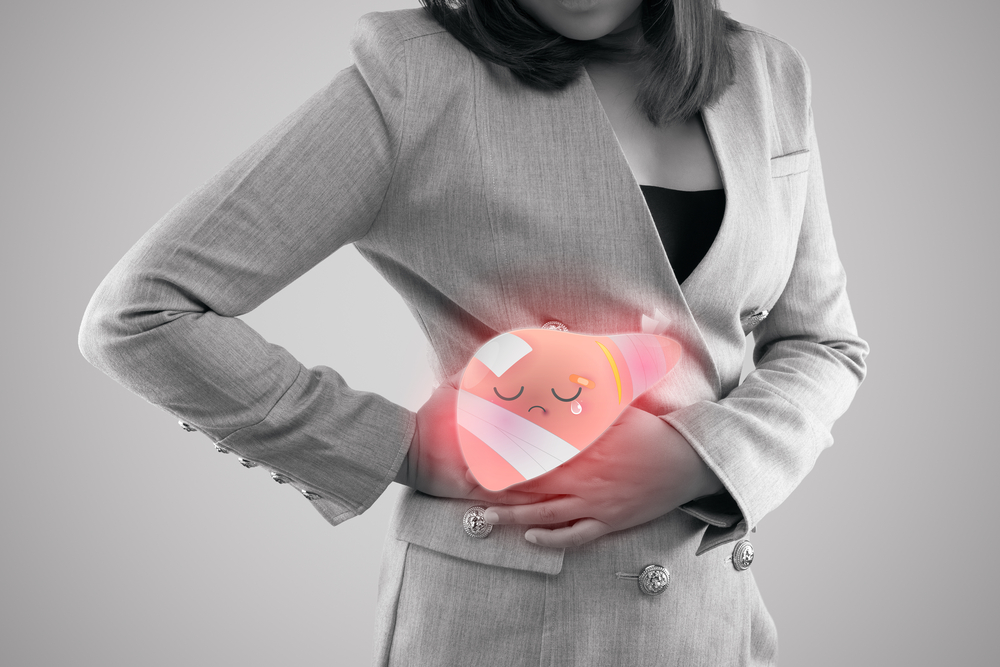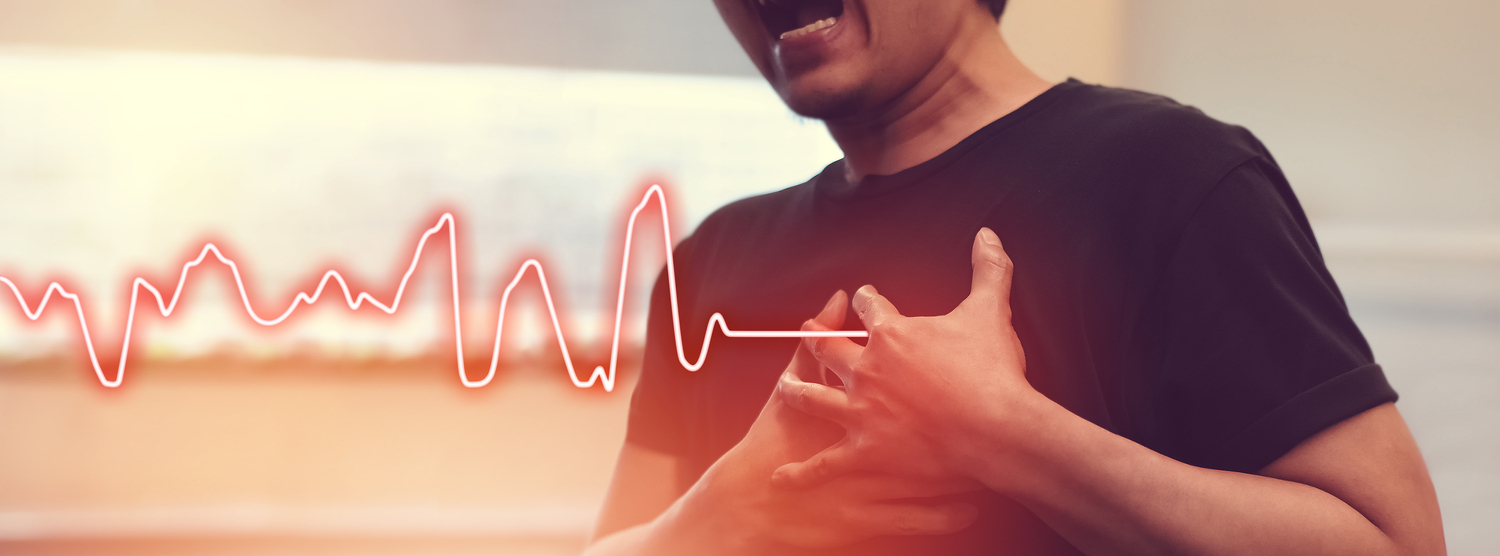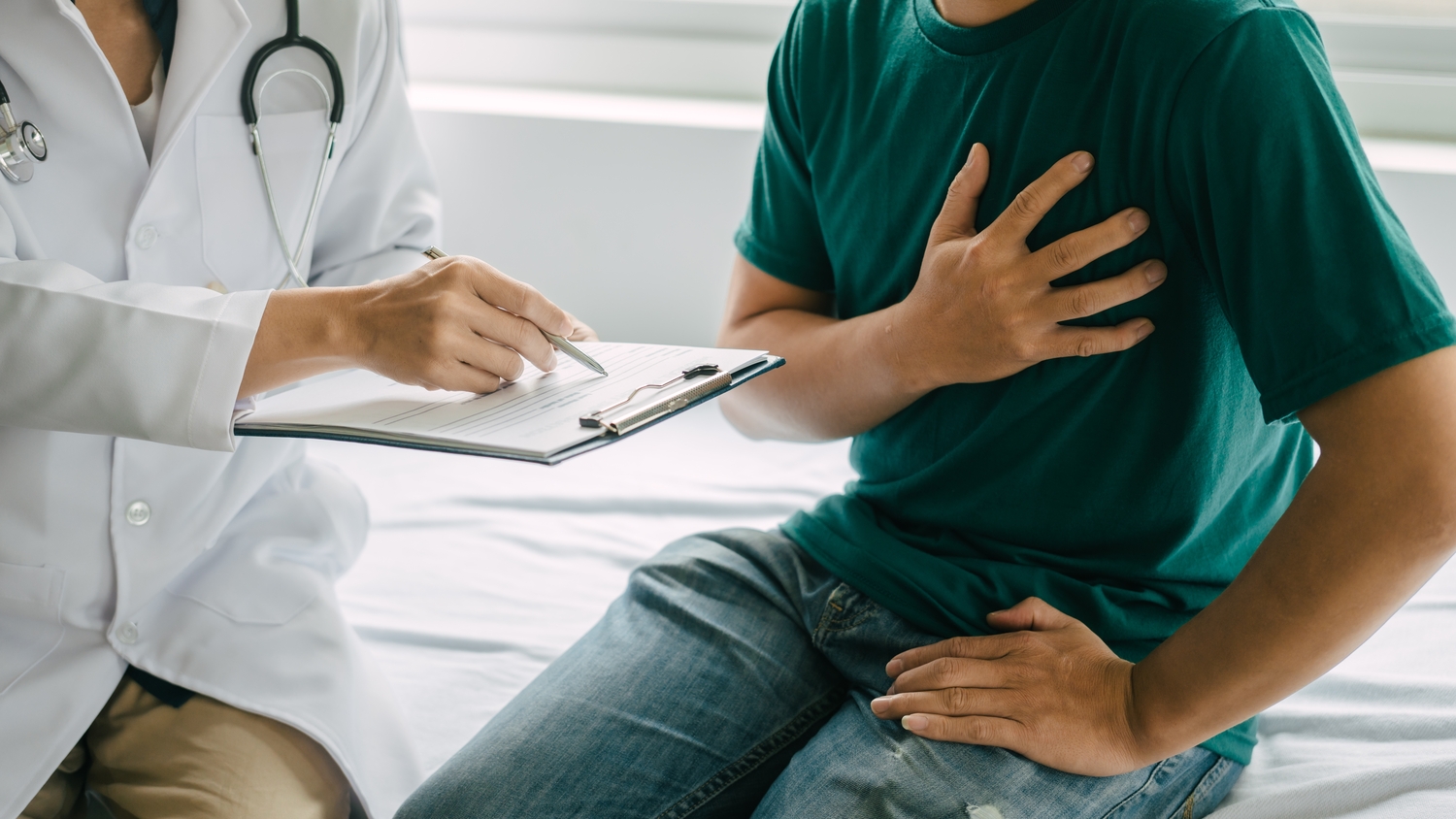Cold Sore: Symptoms, Causes, Remedies, Treatment & More
Written By: Dr. Abeer El Sayed
Updated On:December 25, 2023

What is a Cold Sore?
Cold sores are a common type of viral infection where tiny, red blisters form near your lips, mouth, or on your face. In some cases, patients have a cold sore outbreak on other areas of their body as well, such as the fingers, nose, or even inside the mouth. Cold sores are fluid-filled & commonly found clumped together in patches at outbreak site on the skin. Also known as fever blisters, cold sores are a common skin condition & often heal on their own in two to three weeks. In some cases, cold sores may leave a scar on the skin.
There is actually no cure for cold sores & the healing process is undertaken entirely by our immune systems. However, there are treatments & home remedies for cold sores that can help manage the outbreak in patients, ease the pain caused by the blisters, & even accelerate the healing process in some cases.
Symptoms of Cold Sores
Cold sores are characterized by the following symptoms:
- Itching
- A tingling sensation at the area of the outbreak
- Fluid-filled blisters
- Swelling & redness
- Formation of a scab
If you are experiencing a cold sore outbreak for the first time, your symptoms will take longer to subside, & you may experience the following additional cold sore symptoms:
- Sore throat
- Headache
- Upset stomach
- Burning sensation inside the mouth
- Painful gums
- Fever
- Muscle aches
A recurrence of cold sores tends to appear at the same spot each time with less severe symptoms.
Stages of Cold Sores
Cold sores are a recurring skin condition & the severity of cold sore symptoms varies. The first out-break of cold-sores is always the worst & most painful whereas recurring outbreaks are milder since your body develops antibodies after the first outbreak. Once you are infected, the first sign of a cold sore may take as much as 3 weeks to appear. From then onwards, cold sore symptoms emerge in stages:
-
Stage 1: The first sign of a cold sore is a tingling & itching feeling at the area of the outbreak.
-
Stage 2: Then, fluid-filled blisters start to erupt within a day. The infected area swells & becomes red. Cold sore on the lips or near the mouth are most common which is why you should look for symptoms in these areas first.
-
Stage 3: The blisters will then start to burst & the fluid will ooze out of the open cold sores, forming a crust/scab. This takes around two to three days to end.
-
Stage 4: The scab will then eventually crack & fall off.
When to see a doctor for Cold Sores?
Cold sores usually heal on their own & most patients do not require medical treatment. However, if you experience any of the following, you should immediately contact your doctor:
- You have a weak immune system, perhaps because of immunosuppressive medications.
- Your cold sores persist beyond two to three weeks.
- You are experiencing severe pain.
- The cold sores result in irritation in the eyes. This virus that causes cold sores can lead to permanent vision loss, if left untreated.
Additionally, cold sores in children can be more severe than in adults since their immune system is still developing. You should get in touch with you doctor in case your child experiences a cold sore outbreak.
What causes Cold Sores?
Cold sores result from an infection caused by a few specific strains of the herpes simplex virus (HSV), most commonly the HSV-1 strain. HSV viruses can spread through physical touch such as kissing, oral sex, etc. You can, therefore, catch an HSV infection by coming in close physical contact with an already infected person or by using things that carry the virus such as the personal items of HSV-infected persons, including towels, eating utensils, shaving & grooming equipment, etc.
Once you are infected with the HSV virus, a cold sore outbreak can be triggered by the following:
- Stress
- Fever
- Colds
- Fatigue
- Active allergies
- Hormonal changes, like those caused by menstruation
- Strong sun exposure
- Skin injury
Risk Factors of Cold Sores
Cold sores can happen to anyone. Most of us carry HSV viruses & can go our whole lives without ever developing cold sore symptoms. However, there are certain factors that increase the risk of a cold sore outbreak including:
- Having diseases such as HIV/AIDS that weaken the immune system
- Being on immunosuppressive medication & drugs
- Receiving chemotherapy
- Having a severe skin condition such as eczema
- Having a cold, fever, or infection
- Menstruation
Complications of Cold Sores
Getting infected with the HSV virus for the first time can result in severe complications, though very rarely, such as:
- Spread of the virus to the fingers causing an infection known as herpes whitlow. If children contract herpes whitlow & suck on their thumbs, they may transfer it to their mouths.
- HSV-caused eye infection which can cause scarring, irritation, & injury that may eventually result in partial or complete loss of vision.
- If people with eczema contract the HSV virus, the cold sore can spread across their body.
- The virus can also cause meningitis or encephalitis.
If you experience any of these complications resulting from a cold sore outbreak, contact your doctor as soon as possible.
How to heal a Cold Sore fast?
Cold sores are taken care of by our body’s immune system. In the case of first-outbreaks, the healing process takes somewhere around two to three weeks. However, if you would like to heal a cold sore fast, you can opt for easy home remedies or visit your doctor for a medical treatment.
Home Remedies For Cold Sores
Home remedies for cold sores include:
- Ice can be used to numb the skin & ease the pain. However, always use a cold compress as opposed to putting ice on the skin directly since the latter can irritate & damage the skin.
- Over-the-counter medications such as pain relievers & cold sore creams can help provide pain-relief & slightly speed up the healing process by keeping the skin moist & soft.
- Aloe vera gels have been shown to help heal cold sores faster.
- Lemon balm extract has also been shown to heal cold sores faster.
- Vitamin C supplements can speed up the healing of cold sores. Vitamin C has been shown to deactivate the HSV virus.
- Lysine is an amino acid available in the form of an oral supplement or a cream. Some studies suggest it can help cold sores get better.
- Propolis, available as a 3% ointment, can curb a cold sore breakout & reduce the duration.
- Stress reduction can help cold sores heal faster if they were triggered by stress.
Cold Sore Treatments
Your doctor may also prescribe cold sore antiviral medications such as acyclovir (Zovirax), valacyclovir (Valtrex), & penciclovir (Denavir) to speed up the healing & treat cold sore. Some of these cold sore antiviral medicines are available as pills while others come in the form of cold sore creams & ointments.
Preventing Cold Sores
You can reduce the risk of a cold sore breakout or prevent the outbreak from spreading by:
- Using sunscreen regularly
- Washing hands thoroughly after touching a cold sore
- Avoiding touching your genitals after touching the cold sore or else you may develop genital herpes
- Avoiding using the personal items of an HSV-infected person & keeping your distance from them
- Trying to reduce your stress
For more information on the causes, symptoms, treatment, & prevention of cold sores, get in touch with us.
Meet our doctors from the Dermatology department


